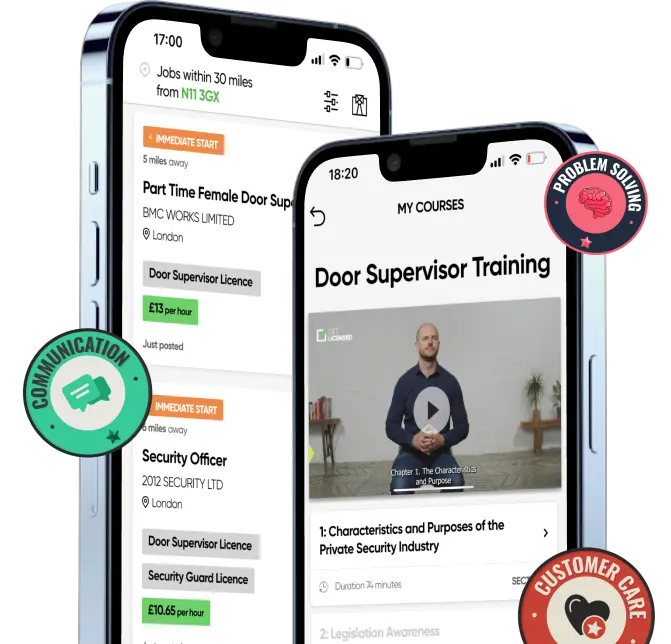Emergency First Aid at Work Certificate
The Emergency First Aid at Work Certificate allows the holder to legally provide emergency first aid treatment in the United Kingdom.
Licence Name
Emergency First Aid at Work (EFAW)
TIME TO GET LICENSED
1 day
VALID FOR
3 years
ELIGIBILITY
16+ years
QUALIFICATION(S) NEEDED
EFAW Training Course
STEPS TO GET LICENSED
Complete the EFAW Training Course
- 1-day
- Assessed by class participation
Get Licensed
Instant eLearning access
Get FREE access to eLearning course materials instantly after you book
MoneyWise Warranty
Get a full refund if you fail more than twice. Terms apply
£0 booking fee
We never charge any booking or hidden fees
Top-rated training
Over 95% of our customers pass the exam in the first attempt.

 Trustpilot
Trustpilot




























